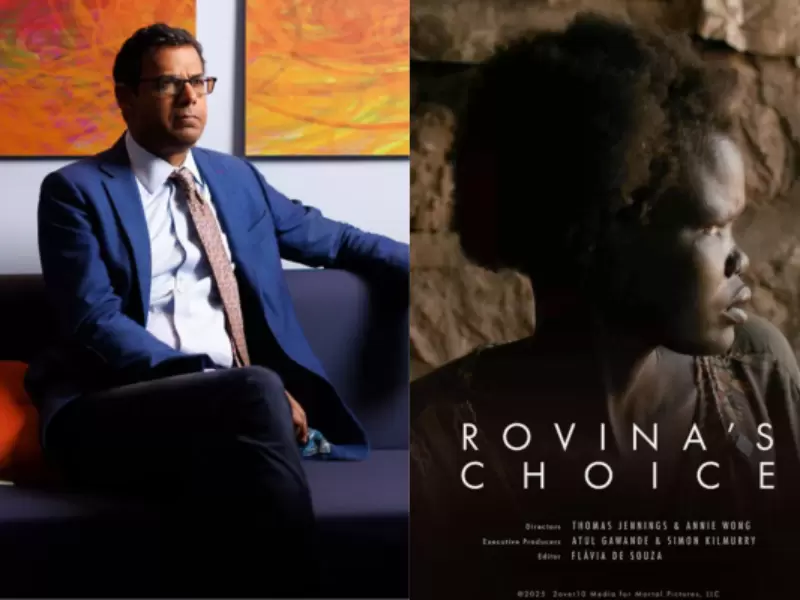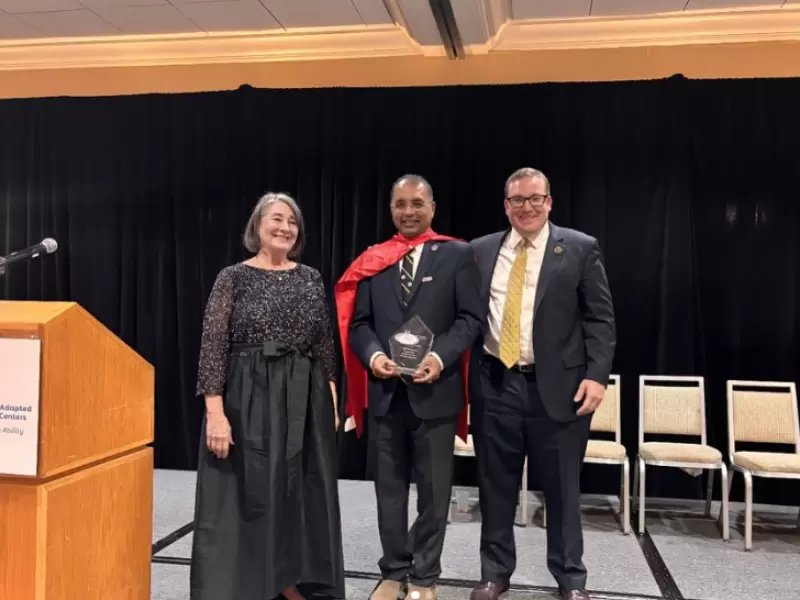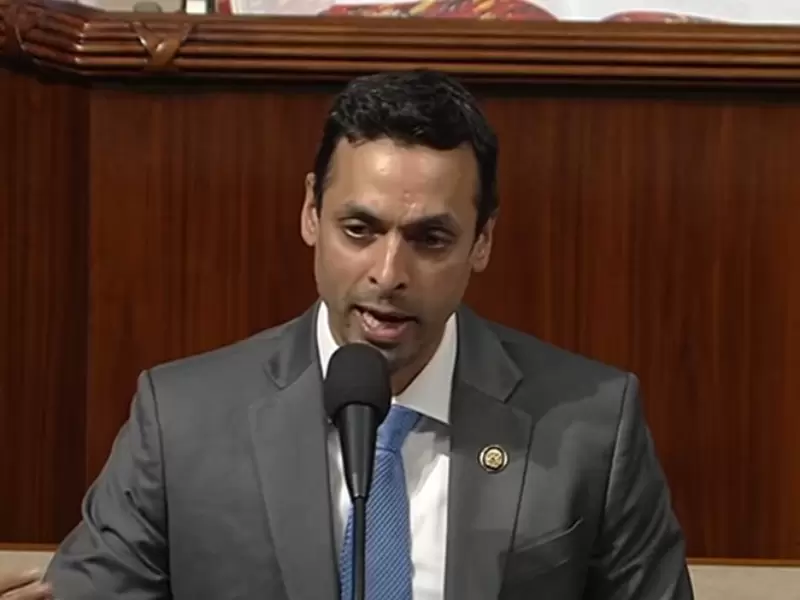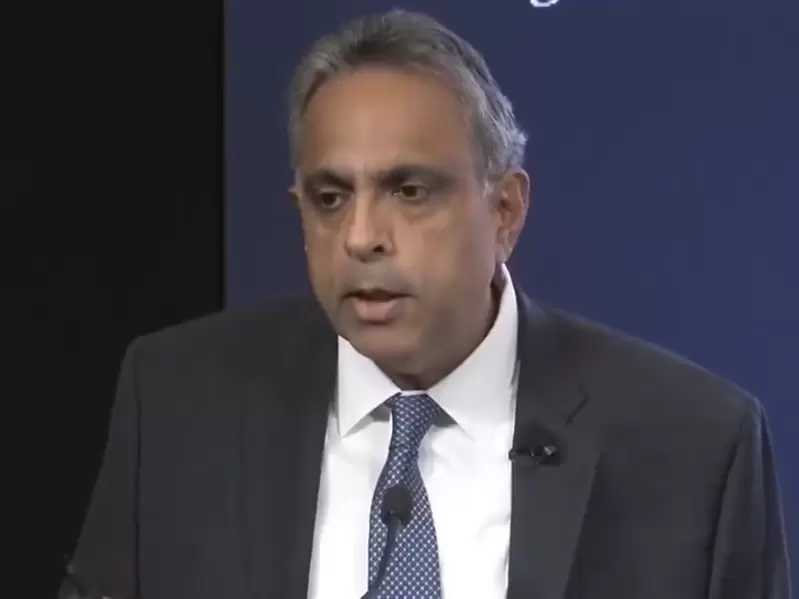Abortion and women’s rights: From the fringes to the halls of American power
In 2011 right-wing Republicans had weaponized Christianity during President Barack Obama’s tenure to sweep the elections and flip state legislatures across the nation.
 Abortion rights demonstrators protest outside the House chambers in the Indiana Statehouse during a special session to debate banning abortion in Indianapolis, Indiana, U.S. August 2, 2022. / Reuters/Cheney Orr
Abortion rights demonstrators protest outside the House chambers in the Indiana Statehouse during a special session to debate banning abortion in Indianapolis, Indiana, U.S. August 2, 2022. / Reuters/Cheney Orr
A severe South Carolina abortion bill, proposing harsh penalties on women who undergo abortions has been blocked. Four of the six Republican members on the legislative subcommittee declined to vote, declaring the bill to be too harsh.
The bill imposed up to a 30 year prison term not only on women seeking abortion but also on those assisting them, thereby criminalizing guidance on where an abortion could be legally obtained. The bill’s language suggested a ban on use of contraception as well.
Christian nationalism and women’s rights are tightly connected issues in the U.S. right now, especially in the areas of abortion, gender roles, and public policy.
“One of things that seems to bind Christian nationalists together is the idea of a strict patriarchy,” said Heath Druzin, journalist and host of the Extremely American podcast, at the American Community Media briefing last week.
In 2011 right-wing Republicans had weaponized Christianity during President Barack Obama’s tenure to sweep the elections and flip state legislatures across the nation.
That year they passed 92 anti-abortion bills throughout the country, a record number for a single year since the United States Supreme Court’s Roe v. Wade ruling in 1973.
Reproductive freedom
“Christian nationalist groups have been major drivers behind the overturning of Roe v. Wade and state-level bans on abortion, even in cases of rape, incest, or danger to the mother,” said Druzin.
Roe v. Wade was a landmark 1973 U.S. Supreme Court decision that established a constitutional right to abortion.In June 2022, the Supreme Court overturned Roe v. Wade in a case called Dobbs v. Jackson Women’s Health Organization. After the overturning, abortion laws were no longer federally protected. States could now ban or severely restrict abortion, and many did.
White Christian nationalists use the overturning of Roe v. Wade as both a victory and a springboard for pushing a broader political and social agenda.
“Many christian leaders explicitly say that women should not have autonomy over reproductive decisions. Motherhood is a woman’s primary role in society.”
Christian nationalist lawmakers are also pushing for restrictions on contraception (IUDs, Plan B), abstinence-only sex education, opposition to IVF and surrogacy, and laws defining personhood at conception.
This further reduces women’s ability to control their lives and bodies.
Women shouldn't be able to vote
Christian nationalism is many things, and there's a lot of strands,” said Druzin, host of the Extremely American podcast whose second season focuses on the rise of Christian nationalism in the US. The one thing all Christian nationalists agree on is that men should be in charge. Most of them agree that women shouldn't be able to vote.
“That's actually surprisingly a unifying point. There's not much debate on that, not just that women should follow men's lead, but that they should be disenfranchised completely.”
Christian nationalist theology often promotes “Biblical womanhood”. Wives being submissive to husbands and women’s primary purpose is to be domestic caretakers. Women in these communities are often expected to remain silent about abuse and are discouraged from pursuing careers or positions of leadership. They have been told obedience is a religious duty.
“This idea of a strict patriarchy, that is something I found pretty much everybody I talk to, and I've talked to a lot of Christian nationalists,” he said.
Druzin spoke of Christ Church in Moscow, Idaho, led by Pastor Doug Wilson, which is a key node in the Christian nationalist movement. The “Christ Church” network in Idaho promotes strict gender hierarchy, he said.
This is where you get a lot of these patriarchal messages. This advocacy for taking away women's right to vote is very much kind of rooted in that circle
Christ Church in Moscow Idaho builds a nationwide Christian industrial complex
Pastor Doug Wilson has built up what James Dawson calls a Christian industrial complex.
The pastor has built up Canon Press with Christian nationalist titles and educational materials. He's also got a streaming service, which is like fundamentalist Christian Netflix, a one-stop shop for social and entertainment needs delivered through a fundamentalist lens.
“He has been really successful and really influential,”
Pastor Doug Wilson has an education empire. He has built a fundamentalist Christian school network from coast to coast.
“Nearly 500 schools! His plan, as he told me, is basically to build a spiritual army, where kids are in his ideology from kindergarten through college. He's also built up a church network across the country including his latest church is in Washington DC, to which Pete Hegseth, Secretary of War had been to many times.
One of the most important appointees in the government, Hegseth, is a follower of Doug Wilson. He praised his writings, said Druzin.
With Trump's win, you're seeing that a lot more of his ideas are getting mainstreamed, His people are getting into places where there's more influence.
“To be clear, Wilson is a guy who doesn't think women should vote,” said Druzin.
Extremist ideas pushed into real legislative power
When you have state legislators who are providing a stamp of approval to these groups by being a member of them, it also provides a pipeline for those ideas that were once confined to the margins to be directly pumped into the mainstream, and become public policy.
Devin Burghart, Executive Director of the Institute for Research & Education on Human Rights (IREHR) has documented how far-right networks among state legislators are not just fringe connections but actually helping push extremist ideas into real legislative power.
“In our 2022 report, breaching the mainstream, we documented 875 state legislators who had joined one or more different far-right groups. In our 2024 look, we found that there were nearly 1,000 state legislators who had joined those groups. So, the problem is certainly persisting, and it's an order of magnitude larger,” said Burghart.
Republican Senator Jeff Zell’s refusal to vote is heartening. If the bill had been sent to the full Medical Affairs Committee, it would have gone further than any other such proposal across the U.S. since the Supreme Court overturned Roe v. Wade in 2022.
ADVERTISEMENT
ADVERTISEMENT
E Paper
Video



 Ritu Marwah
Ritu Marwah 

.JPG)









Comments
Start the conversation
Become a member of New India Abroad to start commenting.
Sign Up Now
Already have an account? Login